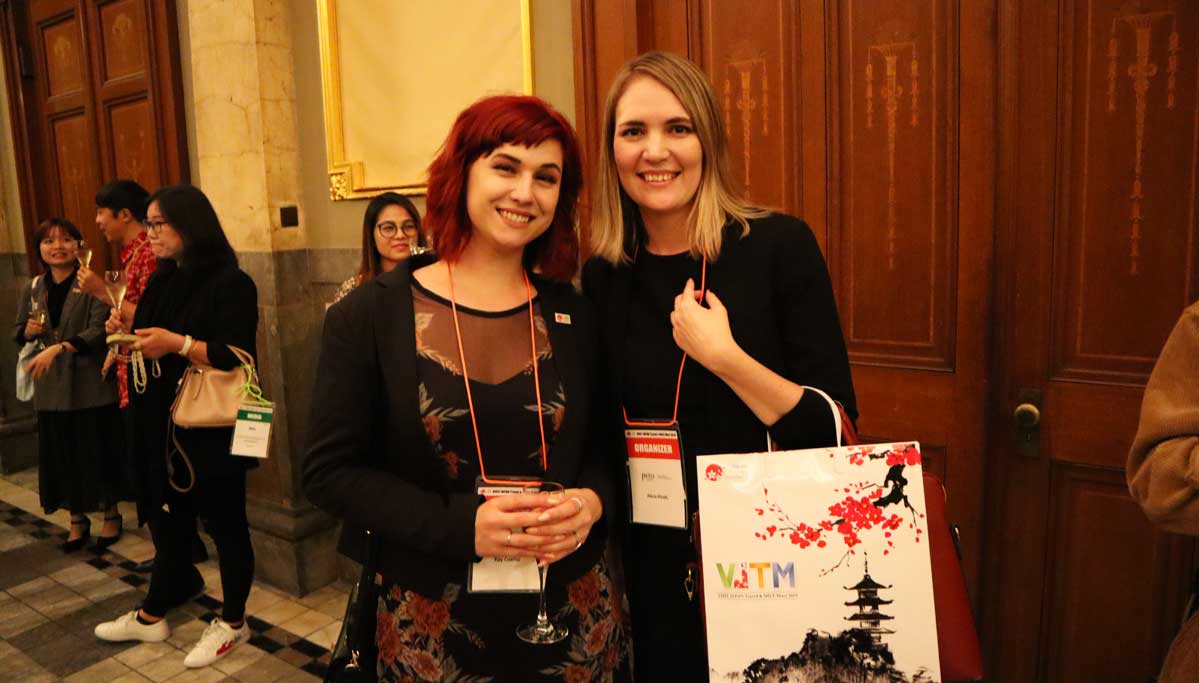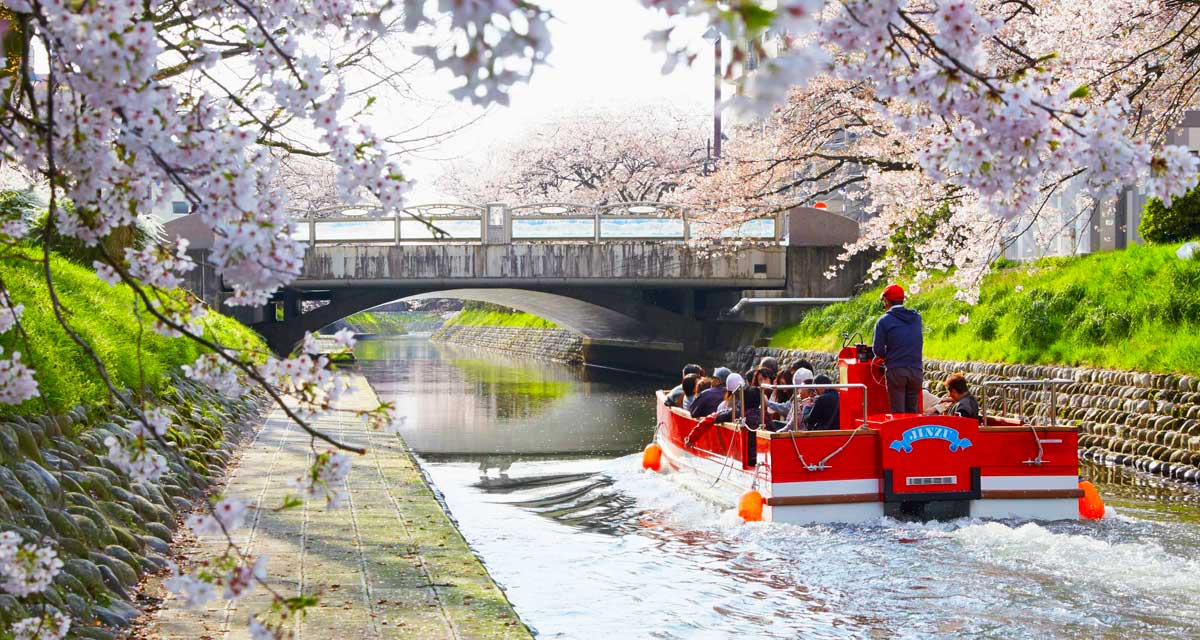In Japan, matchmaking, or miai, dates back to the samurai class of the 16th century where it was used to form military alliances among warlords. The literal translation of miai, “looking at one another,” is something that JNTO’s convention specialist and deputy manager incorporate into their approach of hand-pairing planners and suppliers across the country. Hinds and Cuellar are the nakodo or “go-between” as history would have them, and their brand of matchmaking has been so successful that planners return to them again and again with new groups.
“We first gain as much information from buyers as we can—what their needs are and what their clients’ preferences are,” Hinds and Cuellar say. From there, the duo gets a clear picture of what cities and areas would be a good fit. The matchmaking process is important as oftentimes buyers want to visit Japan but have no idea where to go outside of Tokyo. Hinds and Cuellar weigh everything from accommodations and venues to accessibility, local specialties and which exclusive experiences can be arranged region-to-region—a new travel brochure features more than 100 hands-on experiences across the country.
“Our main strength, however, is that we can empower planners to be savvy in navigating the planning process in Japan,” they duo says. “We make sure they have started conversations with the right people and given them the tools to confidently go forward with repeat trips with the relationships with suppliers that they established.”
"Our main strength is that we can empower planners to be savvy in navigating the planning process in Japan."
If you are considering Asia for your next event, here are even more reasons to consider Japan.
Japan Is Inclusive
Spearheading inclusiveness for underrepresented groups and those most vulnerable is part of Japan’s larger sustainability framework. So much so, that the country’s recent G20 Tourism Ministers Meeting in Hokkaido incorporated the idea into its five pillars for sustainable tourism.
One example of this is the Osaka Convention & Tourism Bureau, a member of the International LGBTQ + Travel Association, which launched Visit Gay Osaka for the LGBTQ+ community. Likewise, Pacifico Yokohama recently partnered with Kirin for “Special Beauty Japan,” an initiative that places vending machines in outdoor plaza areas for young people with Down syndrome, autism and mental disabilities. Proceeds for all drink sales are being donated to “Special Beauty Japan.”
Japanmeetings.org, meanwhile, offers accessibility information for venues and accommodations while individual venues such as Tokyo Big Sight have dedicated pages for those with disabilities, as well as free wheelchair rentals. Japan is also the originator of tactile blocks for the visually impaired, which can be found throughout most of the country. Reach out to Alicia and Kay for more info on how they are helping planners expect and plan for diversity in events.
Ease of Accessibility
The cultural concept of omotenashi, which loosely translates as “to wholeheartedly look after guests,” also factors into JNTO’s people-first approach to meetings. JNTO offers customized support services across the country, depending on your group’s needs. Support can range from online resources and information to site selection assistance and transportation assistance for international attendees. Hinds and Cuellar personally connect planners with regional JNTO offices throughout the world for customized support.
Ever Evolving
The number of hotel rooms in Tokyo, Osaka and Kyoto will rise 38 percent ahead of the 2020 Summer Olympics in Tokyo, including the recently-opened 360-room, clifftop Halekulani Okinawa, the nature infused Hoshino Resorts Risonare Nasu and the Lake Suite Ko No Sumika, on the island of Hokkaido. Hinds and Cuellar say one of the most impressive things about the buzzing Olympic preparations is a zero-waste policy. “The gold, silver and bronze medals are being made from the metals inside cell phones donated by the public. The national team’s uniforms are also being made from recycled items donated by people across the country.”
Japan’s natural aversion to waste has created a sustainable mindset in many of its hotels, including The Kyoto Hotel Okura, which recently replaced its waste processing facilities to reduce energy and water use, as well as curb CO2 emissions.
To arrange your matchmaking experience with JNTO contact:

alicia_hinds@jnto.go.jp
Kay Cuellar Deputy Manager, JNTO Los Angeles Office e-mail:
kay_allen@jnto.go.jp



